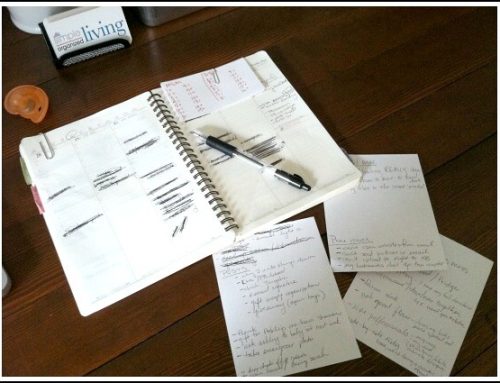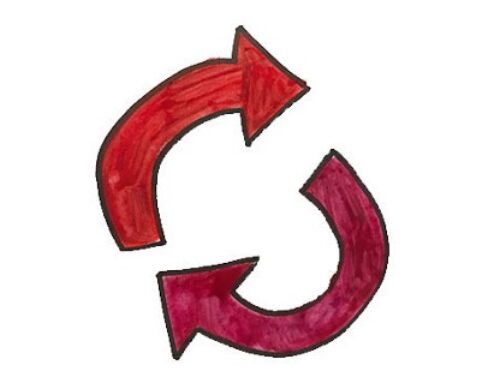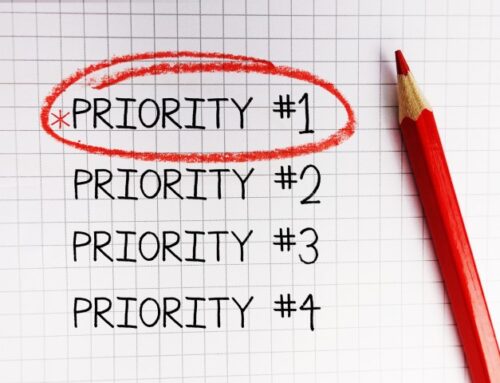How to Harness the Power of Collaboration
March 1, 2019
Categories: Work
“Two are better than one, because they have a good return for their work. If one falls down, his friend can help him up. But pity the man who falls and has no one to help him up!”
-Ecclesiastes 4:9-10
Collaboration Takes Effort
In my field, developing and maintaining work relationships can take a lot of effort. Sometimes making new connections and collaborations can seem like more work than it’s worth. Collaborations don’t always pan out. When this happens, it seems like a lot of time and effort was spent and nothing good resulted from it.
But of all the things I do, I think collaboration is the #1 factor in my work success. I think there are five reasons why collaboration is important:
5 Reasons Why Collaboration is Important
- Collaboration expands your reach. I have a limited number of people in my network, a limited number of people looking out for opportunities on my behalf, and a limited amount of knowledge and resources I can tap into if needed. But collaboration expands my reach. Instead of just being able to tap into my own network, I can access my collaborator’s network as well. My reach expands and multiplies.
- Collaboration allows for specialization. A long, long, time ago, everyone was a generalist. People had to grow their own food, mend their own shirts, and build their own houses. Now we can specialize and outsource the things we aren’t good at. Specialization allows society to be more productive, because the farmers can get really efficient at farming, the doctors can get really good at doctoring, and the teachers can develop particular skills for teaching. A similar principle occurs with collaboration. Each member of the team can focus on what they are best at, making the group more productive as a whole.
- Collaboration flows both ways. Generally in work relationships, people appreciate being invited to work on projects. The universe usually gives back what you put into it. If you are generous with inviting others to collaborate with you on your projects, it is likely they will invite you to collaborate with them on their projects. Collaboration flows both ways, making everyone more productive.
- Collaboration is fun. People have individual differences and preferences for working with others vs. alone, but sometimes collaboration can be fun! There is something rewarding about working together with a group on a project, trying to accomplish a common goal. Team members can encourage each other when the going gets tough, and the team can celebrate together when the goal is accomplished.
- Collaboration sometimes pays off later. Sometimes collaboration doesn’t work out. This can be very frustrating, because you may have spent a lot of time and energy developing a relationship, but fail to see the fruits of your labor… at the present time. But you can think of the time and energy spent on developing a collaboration as planting a seed that might blossom at a later date. There have been several times where a collaboration didn’t pay off in the present moment, but we connected again on a later project months or even years down the road.
Action Step
The next time you are starting a project, consider whether there might be a person whom you could work to develop a collaboration with. Spend a little time working on the collaboration. Who knows? It might pay off large dividends moving forward.
Discussion
How much do you collaborate in your work? Do you see developing collaborative relationships as an important priority? How much time and energy do you spend developing and maintaining work relationships? Have you noticed any downsides to collaboration?

Related Thoughts
No Comments
Leave A Comment

Subscribe To My Newsletter
Join my mailing list to receive the latest blog posts.
Receive my e-book “The Mental Health Toolkit” for free when you subscribe.






[…] Collaboration is key. You can do research by yourself, but it’s a lot more effective (and fun) if you have a group of people working together. In the same way, life works a lot better when you are doing it with other people. […]